If you are peacefully driving and want to use more speed, and then you hear a weird noise at 40 mph that comes from your car, you should stop and look for the cause of that noise. Our blog is here to help you!
While some humming noises may be harmless, others can indicate a serious problem with your car. If you hear a humming noise while driving your car, it’s important to get it checked out by a mechanic.
If you own a car, you’ve likely experienced strange noises coming from under the hood or the wheels at some point. First of all, do not panic and don’t look for any car services in advance. The problem may not be as difficult as you think, and you can try fixing it yourself.
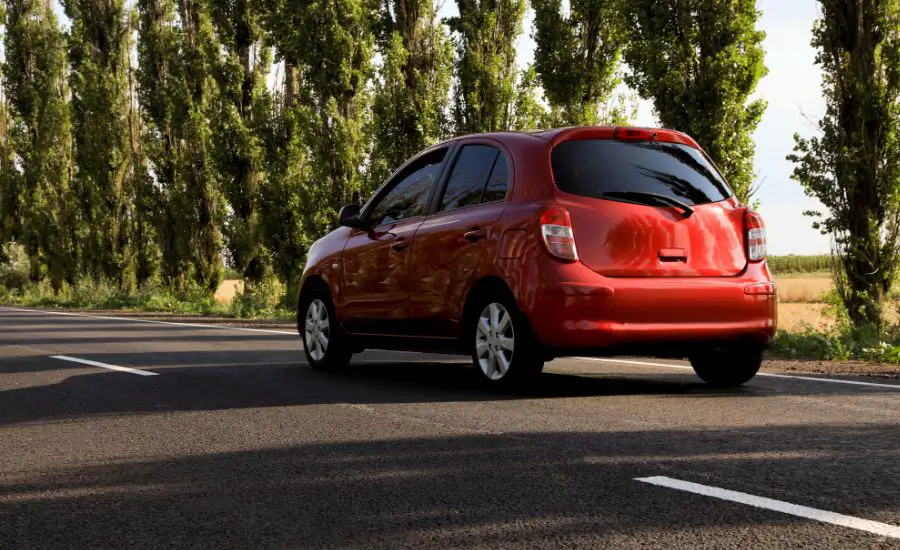
Reasons why the car making humming noise at 40 mph
There are a lot of different reasons for this problem. Let’s look closely at every issue.
Car humming engine noise
If a humming noise comes from the engine in your car, there may be some problems with it. For example:
Low engine oil
A low level of engine oil can cause the engine to make a knocking or loud humming sound, especially at startup or at idle. Make sure to check your engine oil level and top it up if necessary.
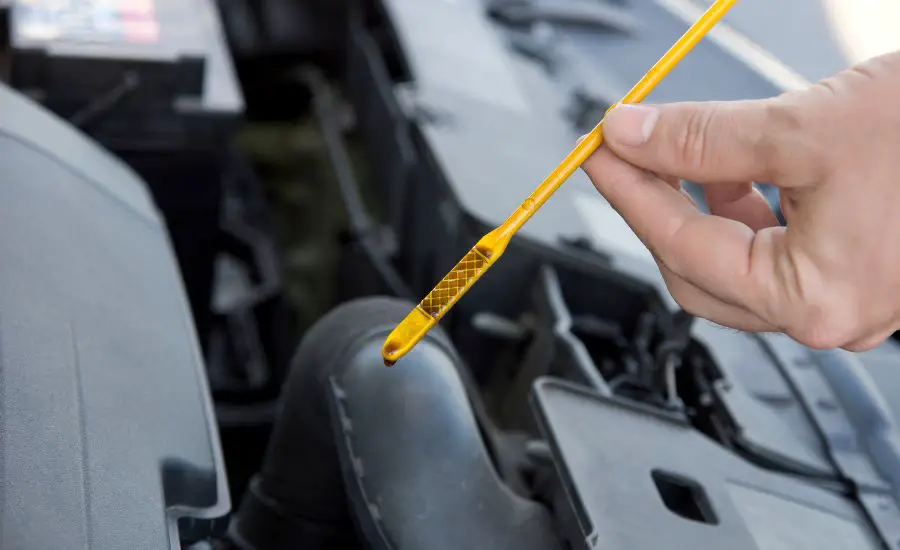
Fuel system issues
A clogged fuel filter or a failing fuel pump can cause a humming or whining noise from the engine.
Have your mechanic inspect the fuel system and replace any faulty components.
Old belt problem
A worn or damaged timing belt can cause a ticking or slapping noise, and if not replaced, it can cause serious engine damage. Have your mechanic inspect the timing belt and replace it if needed.
Exhaust system troubles
A leak or damage in this system can cause a loud rumbling or hissing noise. By checking and fixing these parts in your engine, you can make the engine noise disappear and stop the car making humming noise at 40 mph.
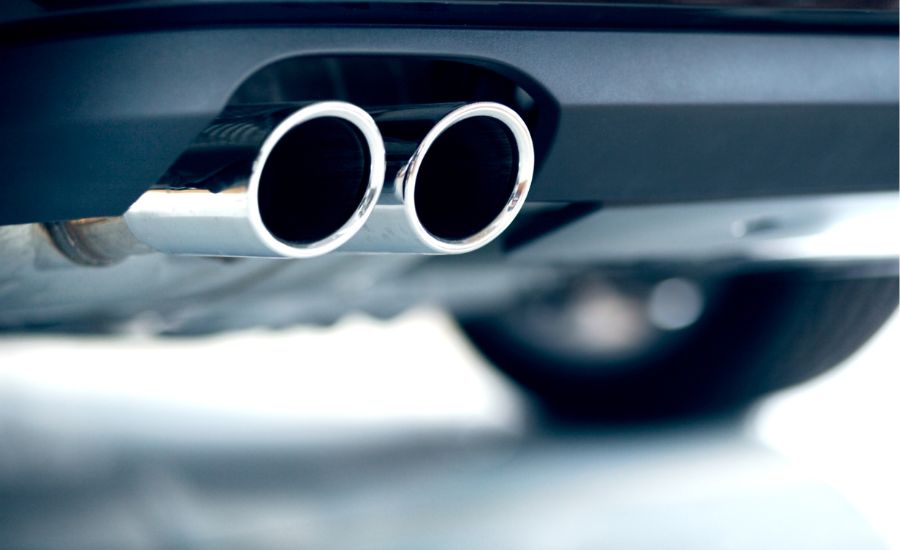
Bad wheel bearings
A wheel bearing also can cause a humming noise while driving, so make sure to check it as well. A worn wheel bearing can cause a humming noise in your car, especially if they are worn for a pretty long time.
When wheel bearings become old, the car starts to make a humming noise even at low speeds, which is a great sign to replace your wheel bearings and buy a new one.
Driving with worn or damaged wheel bearings can lead to further damage to the suspension and steering components, and can even cause the wheel to come off while driving, which is extremely dangerous.
As soon as you replace the car’s bad wheel bearing from your wheel, the humming sound should stop.
Worn tires
Worn or bad tires could also be a reason for the humming noises that come from your car’s engine.
When the tread on the tires wears down, it can produce a low-pitched hum that increases in intensity as the car accelerates. The humming noise may also become more noticeable when driving on certain road surfaces, such as concrete or asphalt.
To check your tires for wear, you can use the penny test. Place a penny in the tread of the tire with Lincoln’s head facing down. If you can see the top of Lincoln’s head, it’s time to replace the tire. You can also check for uneven wear or damage to the tires, such as bulges or cracks.
Replacing and fixing tires can be done by a tire shop or at a local mechanic.
They can help you select the right type of tire for your car and driving conditions, and then mount and balance the tires properly.
This will ensure that your new tires provide good traction, handling, and durability, and help to reduce road noise and vibrations.
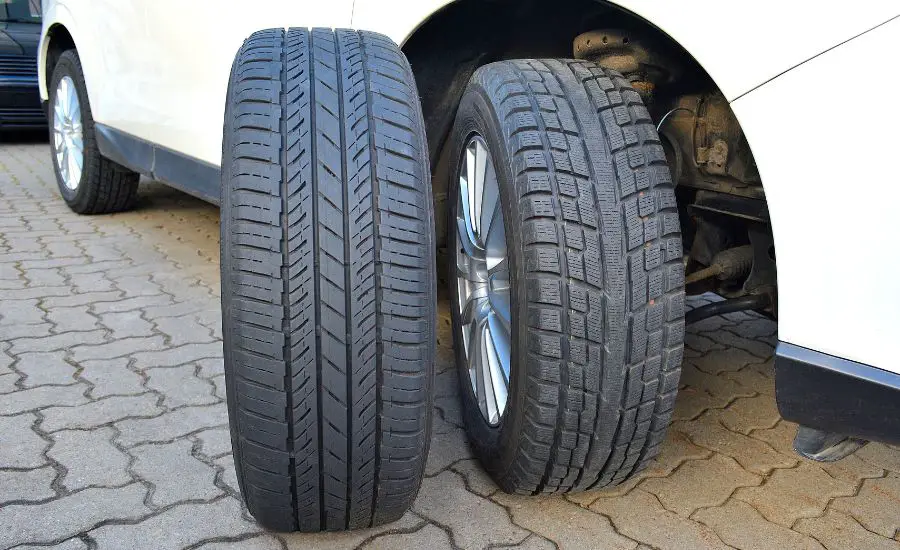
Troubles with transmission
If you think that your car making humming noise at 40 mph not because of wheel bearings, steering wheel, or universal joints, then your car may have some transmission troubles. It may be:
Low Transmission fluid
Low fluid levels in the transmission can cause a humming or whining noise, especially at higher speeds or under heavy loads. It’s important to check your transmission fluid regularly and add more if necessary.
Transmission wheel bearing
The wheel bearing inside the transmission can wear out over time, causing a humming or whining noise.
If this is the case, the transmission may need to be rebuilt or replaced.
A mechanic can inspect the transmission and identify the source of the noise, and then perform any necessary repairs or replacements to ensure that your car is running smoothly and safely.
Cost of car repair
The cost of repairing a car that is making humming noises can vary widely, depending on the underlying cause of the noise and the specific repairs that are needed. Here are some factors that can influence the cost of repairs:
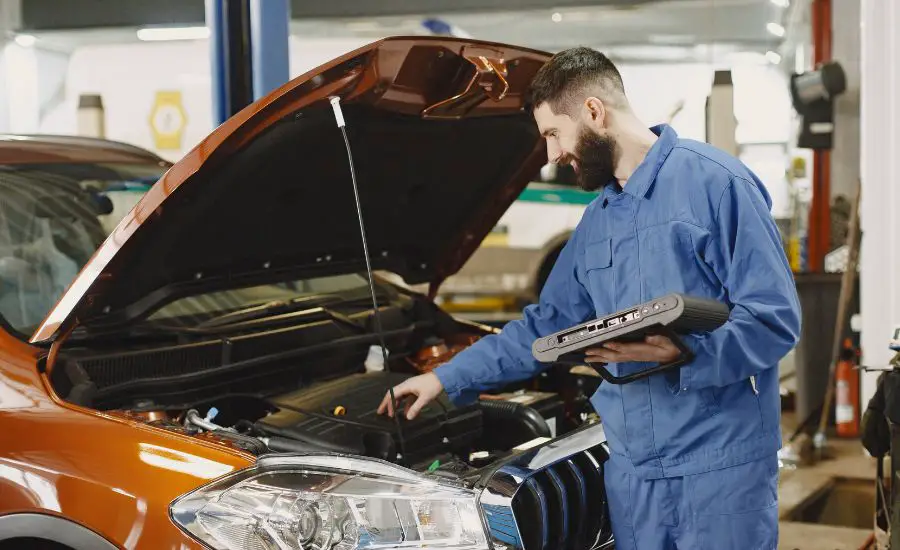
Cause of the noise
The cost of repairs depends on the underlying cause of the humming noise. For example, if the noise is caused by worn tires, the cost of replacing the tires is relatively low. However, if the noise is caused by a failing transmission, the cost of repairs could be much higher.
Type of car
The cost of repairs can vary depending on the make and model of the car. Some cars may be more expensive to repair due to the cost of replacement parts or the complexity of the repair.
Labor costs
The cost of labor can vary depending on the location and the mechanic’s hourly rate. More complex repairs may take longer and require more labor, which can increase the overall cost of repairs.
Warranty coverage
If the car is still under warranty, some or all of the repair costs may be covered by the manufacturer or dealership.
Given these factors, it’s difficult to provide a specific estimate of the cost of repairing a car that is making humming noises. It’s best to take the car to a qualified mechanic for diagnosis and an estimate of repair costs.
The mechanic can inspect the car and identify the underlying cause of the noise, and then provide an estimate of the cost of repairs.
Overall cost
If the main problem of the loud humming noise is an engine and not a bad wheel bearing.

Q&A
Q: Why does my car make noise when I go 40 mph?
A: If your car makes a humming sound or other strange noises when you are driving, it means that something in your car needs a replacement or a repair. To find the exact reason, you should do a basic check-up by yourself, or go to the car service and do a check-up there.
Once the checkup is done, you will know the exact cause of the car making humming sound even at low speeds, and you will be able to fix it.
Q: Why does my car hum at a certain speed?
A: As we said, if your car makes a humming noise while driving, it means that some part of it has become bad or worn or old and requires a replacement. The problem can be with steel balls of a wheel bearing and others.
Q: Why is my car making a humming noise but drives fine?
A: Even if humming noises from your car does not affect its performance, you still need to find a cause of it (which may be a wheel bearing or something like that) and fix it right away. Driving with something that needs replacement or repair is still very dangerous, even if your car drives fine.
Q: Why does my car hum at 50 mph?
A: There are really a lot of reasons for it and to find the exact one you need to check the whole car. Once you find the main issue of why cars make a humming noise, you can go to mechanics, or you can save your money and do it yourself.
Well, if it’s not something difficult, of course, you can handle it and repair or replace it yourself.
Q: Why does my car make a humming sound when accelerating at low speed?
A: If your car is making a humming sound when accelerating at low speed, there could be several potential causes. Here are a few possibilities:
1. Tires: As mentioned before, worn tires that were uneven wear tires can produce humming sounds that increase with speed. If the noise is particularly noticeable when accelerating at low speed, it could be related to the tires.
2. Drive belt: If the humming noises are particularly noticeable under the hood, it could be related to a worn or damaged drive belt. This could cause the pulleys to spin unevenly and produce humming noises.
Overall, a humming or tickling noise when accelerating at low speed could be related to several different issues with your car. It’s best to have it checked out by a qualified mechanic to diagnose the underlying cause and perform any necessary repairs
Conclusion
In conclusion, if you hear humming sounds while driving your car, it could be a sign of a problem that needs to be addressed. The underlying cause of the noise could range from simple issues such as worn tires or wheel bearing to more serious issues such as transmission problems. Ignoring these noises can lead to more significant damage and higher repair costs in the long run.
If you notice any humming or unusual noises coming from your car, it’s best to have it checked out by a qualified mechanic. They can diagnose the underlying cause of the noise and perform any necessary repairs to ensure your car runs safely and smoothly. Remember, early detection and repair can save you time and money in the long run, and can help you avoid potential safety hazards on the road.
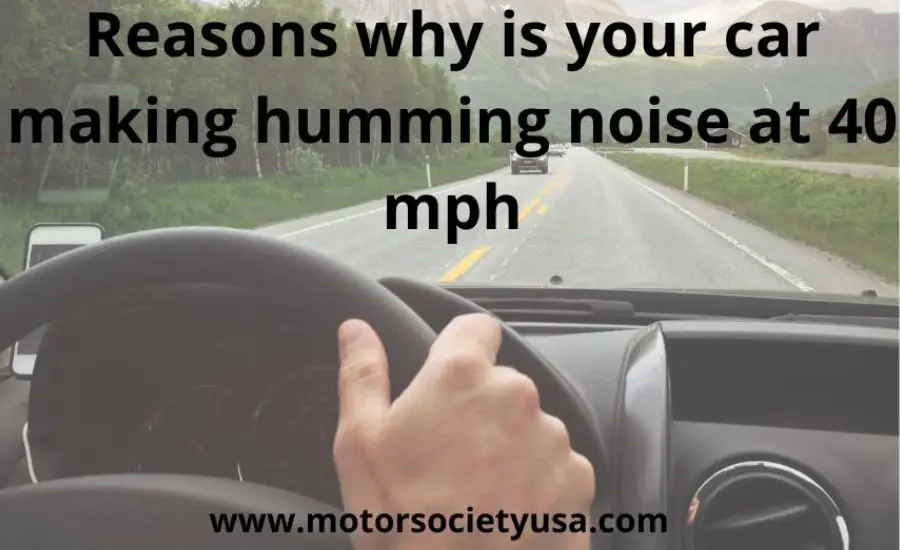



1 thought on “Reasons why is your car making humming noise at 40 mph”
Comments are closed.